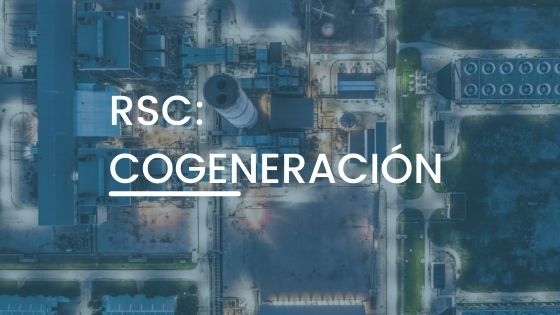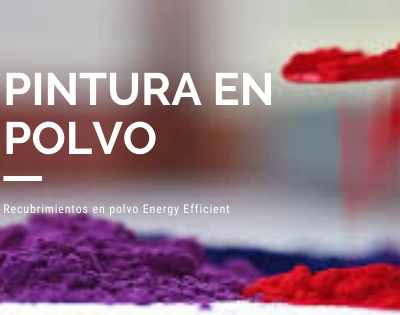Bioreactors and fermenters are critical components in biotechnology and bioprocessing
Blog

Bioreactors and fermenters are critical components in biotechnology and bioprocessing
A bioreactor is a vessel designed to support a biologically active environment. It is equipped with features to control temperature, pH, oxygen levels, and nutrient supply, ensuring optimal conditions for the growth of the culture. Bioreactors can be classified into various types, such as batch, continuous, and fed-batch systems, each serving specific production needs. Fermenters are a specific type of bioreactor used primarily for fermentation processes, where microorganisms convert substrates into desired products, often through anaerobic or aerobic metabolism. Fermenters are ideal for producing alcohol, organic acids, and other metabolites. They often have enhanced provisions for mixing and aeration to support the metabolic needs of the microorganisms. Both bioreactors and fermenters can be equipped with monitoring systems to track parameters like biomass concentration and product yield, allowing for optimization of the process. The choice between using a bioreactor or fermenter largely depends on the specific application, substrate, and desired product. Advancements in bioreactor technology, such as the development of single-use systems, have increased flexibility and reduced contamination risks. Overall, bioreactors and fermenters are indispensable in modern biotechnology, enabling the efficient production of a wide range of biological products.




